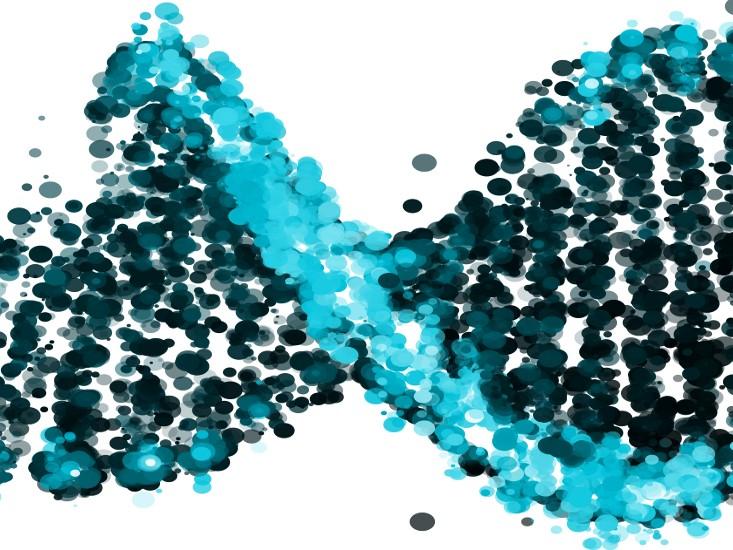Big Data Helps Find the Achilles Heel of Each Individual Cancer
http://nautil.us/blog/big-data-helps-find-the-achilles-heel-of-each-individual-cancer

In January, the company Roche paid more than a billion dollars to buy about half of a small company called Foundation Medicine. Foundation has not invented any new drugs or life-saving devices. Most insurance companies won’t pay for its main product, and like a lot of biotech companies, it loses money.
The big bucks are for Foundation’s information. Roche, Foundation, and many other cancer researchers now believe that thinking about cancer in terms of data is going to be the way to beat the disease. The deal gives Roche access to Foundation’s database, which holds the DNA sequences of the tumors of 35,000 cancer patients, along with information about what kinds of drugs they were treated with and how good those drugs were at beating back the cancer.
Traditionally oncology has been information poor. Cancers have been categorized and treated based on what body part they afflict, how the cells look under a microscope, and how much the tumor had spread, leading to a diagnosis like “Stage 2 colon cancer.” This typology has become more sophisticated over the years, but it still lumps lots of cancers together. It’s like doing a census of Noah’s ark and concluding that the boat contains a total of one dozen kinds of animals: Ones with feathers and wings, those with six legs and wings, some with fur and four legs, and so on. It’s not wrong, but it gives only a blurry picture of reality.
In cancer, that has not been good enough. Cancer drugs work (i.e. significantly shrink tumors) a dismal 22 percent of the time, and oncologists have a hard time predicting which one is best for which patient. According to one estimate, $39 billion of the $50 billion spent annually on cancer drugs is wasted in this way. It’s “trial-and-error medicine,” in the phrase of former Roche executive Mara Aspinall.
Snip
